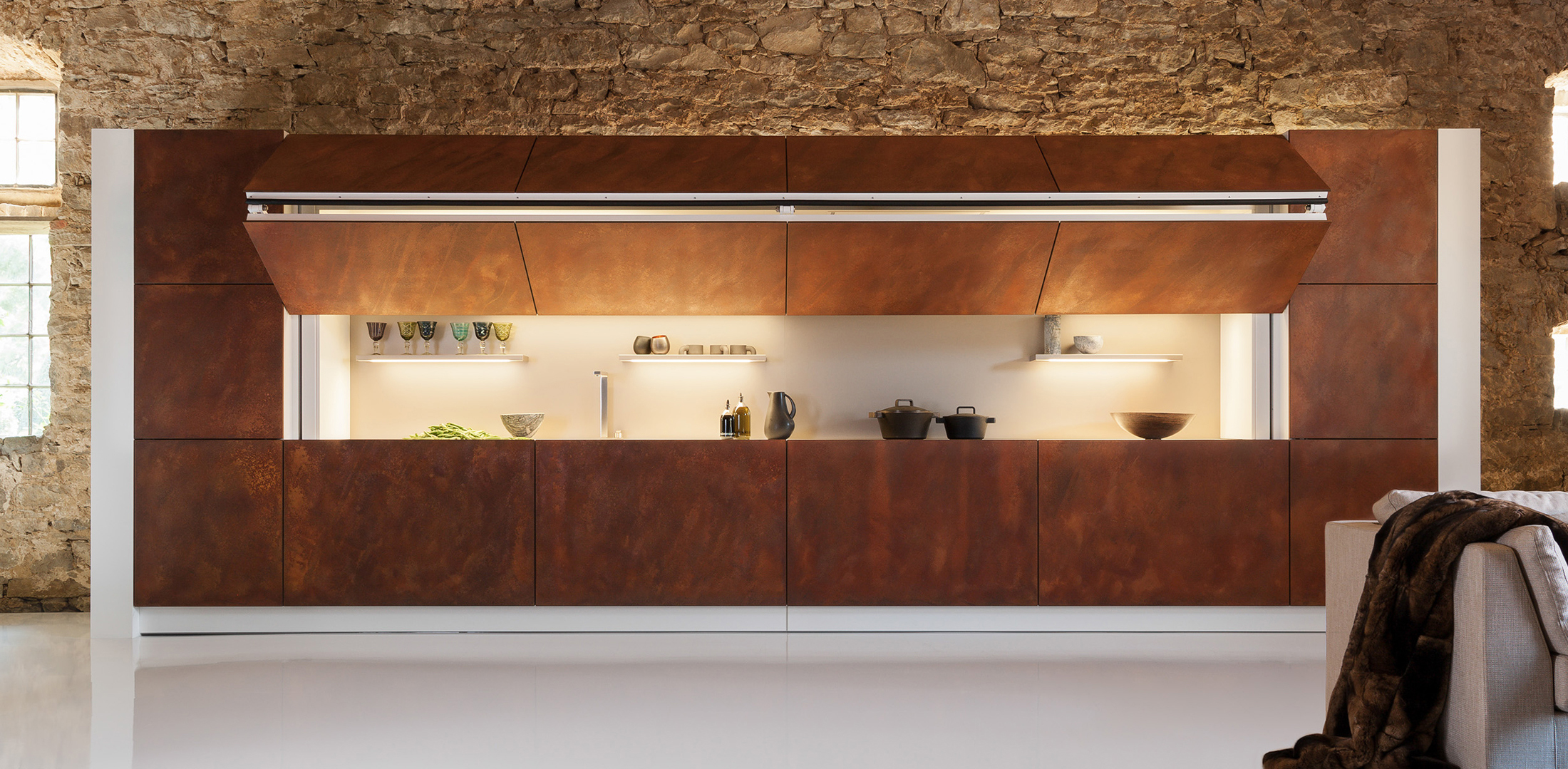“It reflects the musical notes. It reflects the sound of the waves. It reflects the sound of the wind.”
Bridging the gap between natural and urban environments is undoubtedly one of the greatest challenges in architecture. Buildings at the boundary between these contrasting conditions have to be designed with an eye towards radically different contexts, a particularly complex task for large public projects. Undeterred by such a challenge, renowned Mexican firm Rojkind Arquitectos’ Foro Boca concert hall is an iconic addition to the oceanfront in Boca del Río, Mexico, and a deserved recipient of one of four Project of the Year awards for the 2018 A+Awards.
Take a tour through the building with its creator Michel Rojkind, founder and architect at Rojkind Arquitectos, thanks to this exclusive video by our friends at Plane—Site:
“Foro Boca is a concert hall for the [philharmonic orchestra], geographically located where the river meets the ocean,” explained Rojkind. “’Boca del Río’ means ‘mouth of the river’, the place where you get the most powerful north winds.” Rojkind and his team sought to produce a highly contextual building that appears as an extension of its site.
The resulting building is composed of a monolithic series of volumes that appear to have risen out of the ground like tectonic plates. These fragments also mimic the distinctive forms of the land’s edge: “We thought it could be a really nice transition to go from the wave-breaker to a bigger-scale element, and then to complete the city in the back.”
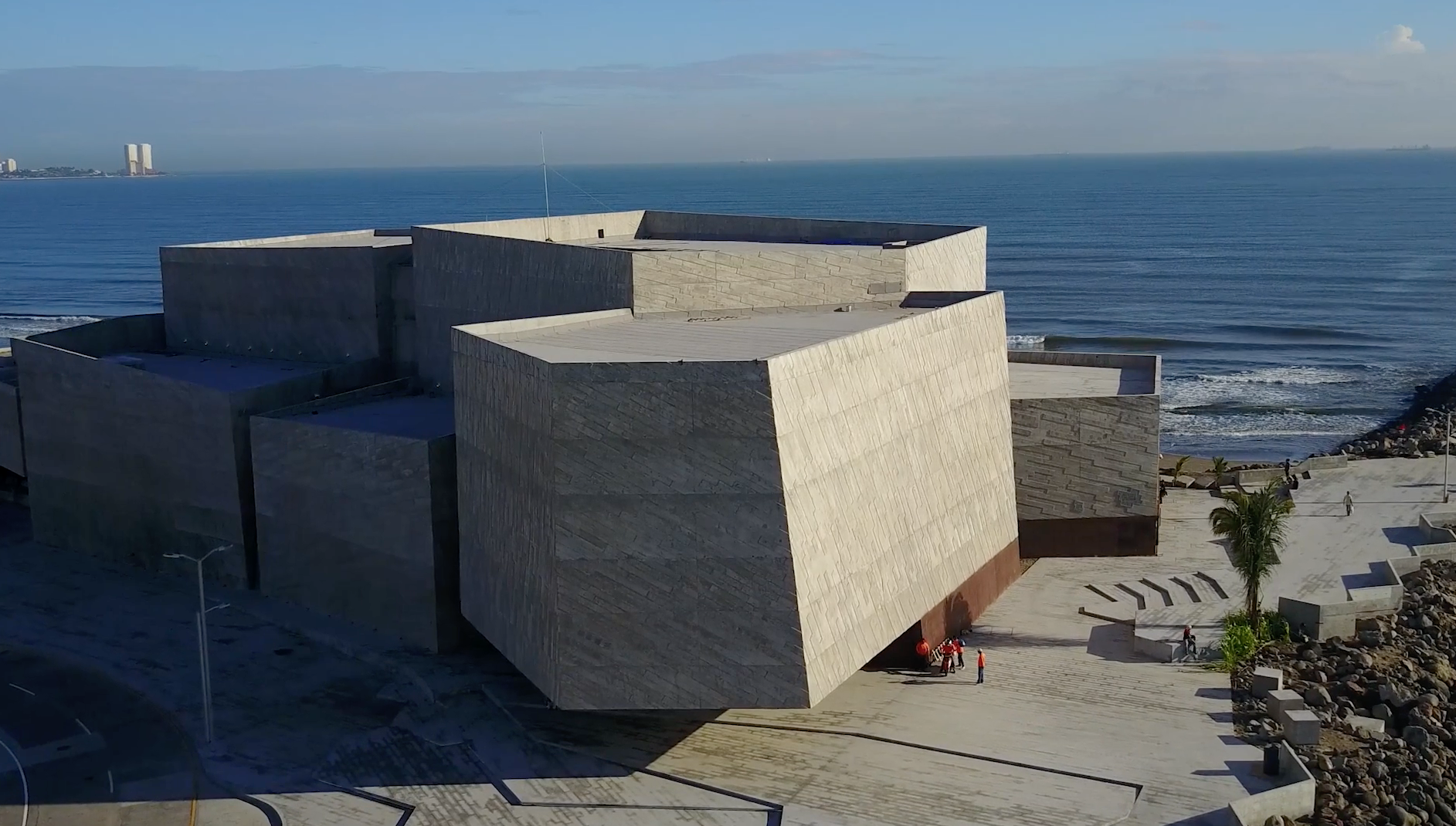
The journey from exterior to interior was an early driver for the project, public by definition but with a need for intimate, atmospheric spaces within. “Concrete is pure structure, holding the concert hall together,” explained Rojkind. The concrete, supplied by Mexican manufacturer CEMEX, sports a richly textured, board-formed surface.
“The cantilever becomes this access point, if somebody is walking in there, they will immediately feel they are protected against the wind, so it becomes a shelter … then, on the inside, there’s this fluidness. The way people move around the hall, you have this triple-height [space] with the skylight, with light from above dimming these volumes.”
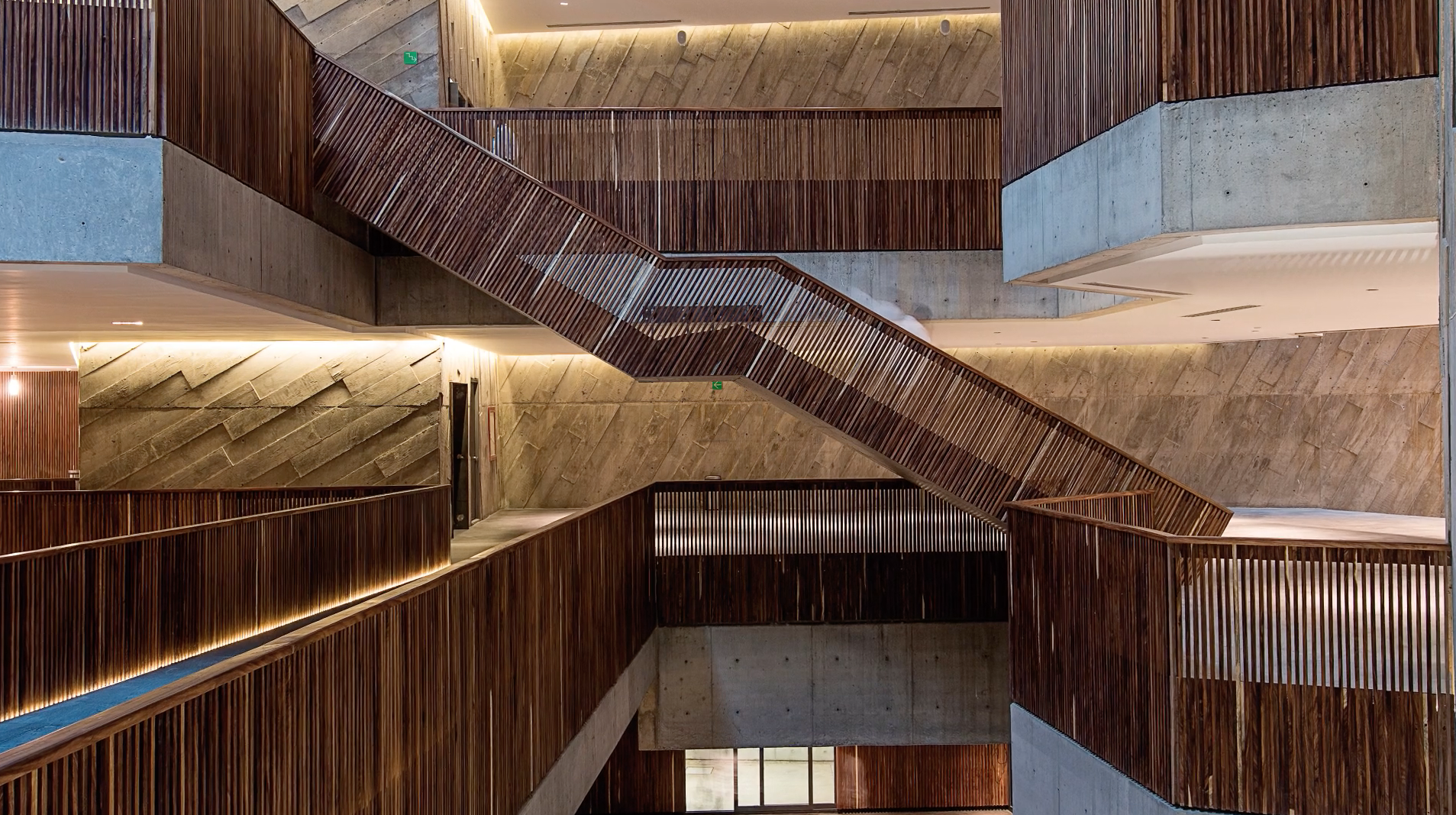
Materiality was also of key concern for the architects, beginning with the building’s monumental exterior. “We selected the raw concrete, which gives the building a great presence,” said Rojikind.
“You have granite; the granite on the exterior comes inside the project. You have parota wood on the outside, and then a different wood on the inside of the concert hall. It’s basically three materials. You can design with very few elements, but you can have mobility; you can have dynamics; you can have sequences of spaces … it doesn’t have to be static.”
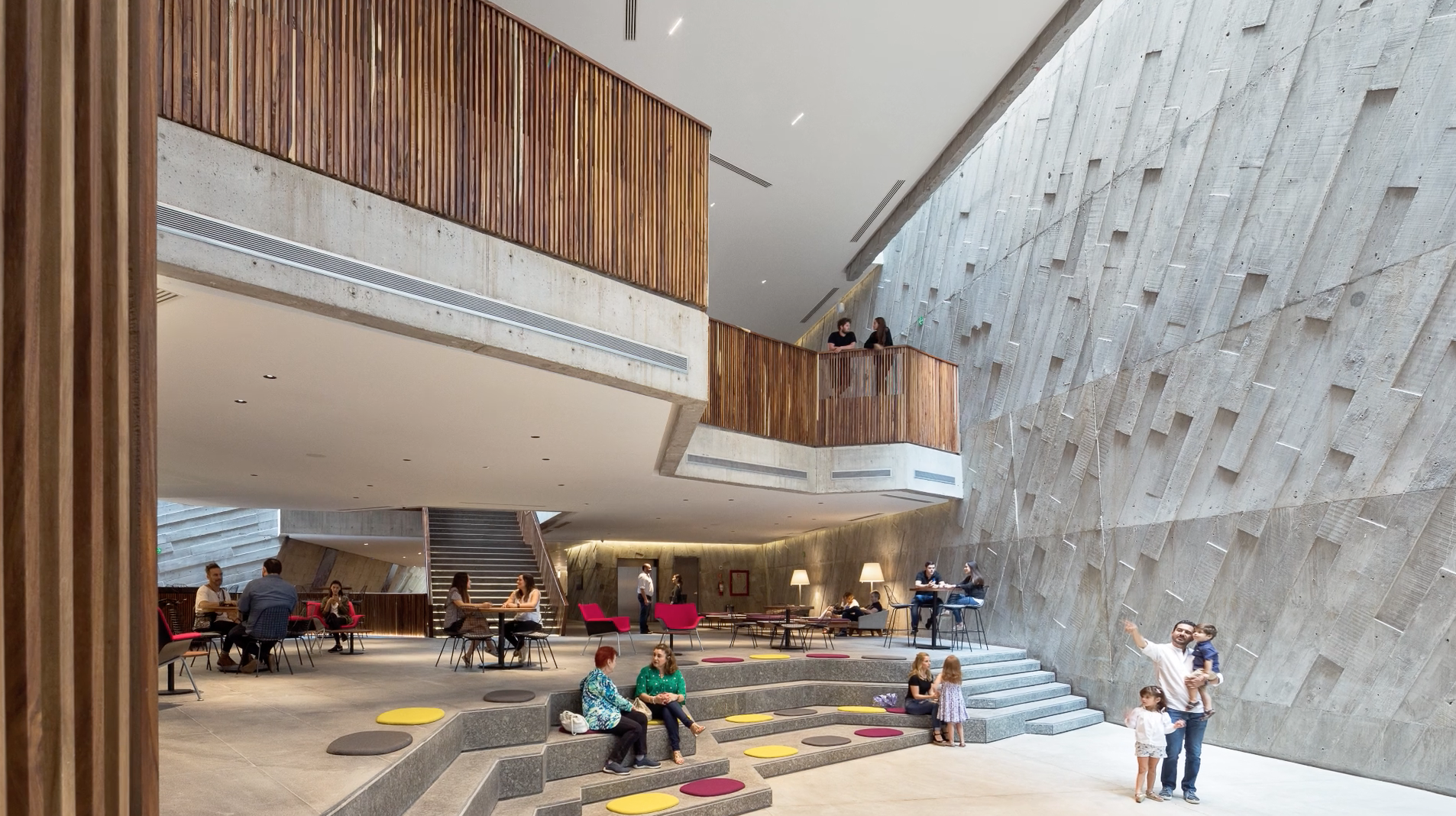
Ultimately, the building has been crafted to serve local people, to act as a social condenser, and will play a key role in the urban regeneration of the city. “The Foro Boca [not only] becomes the home for the philharmonic orchestra, but also an important urban detonator … when people embrace it and make it their building, that’s [when you understand] that you can make a difference, that you can do projects that are meaningful, and [design] buildings that care about the community.”
In addition to Foro Boca by Rojkind Arquitectos, three further Projects of the Year have been given Special Honoree A+Awards this year; they are:
The Silo by COBE — Watch the exclusive video interview and tour here
Waterside Buddhist Shrine by ARCHSTUDIO — Watch the exclusive video interview and tour here
Institute for Contemporary Art VCU by Steven Holl Architects
These projects demonstrate extraordinary contributions to the profession across the globe, highlighting buildings that champion architecture’s potential to positively impact everyday life. Stay tuned for videos and articles on all of these in the coming weeks!
Explore all the winners and finalists from the sixth annual A+Awards, featuring incredible projects by firms from all over the world:
View the 2018 A+Awards Winners
Feature image by Jaime Navarro
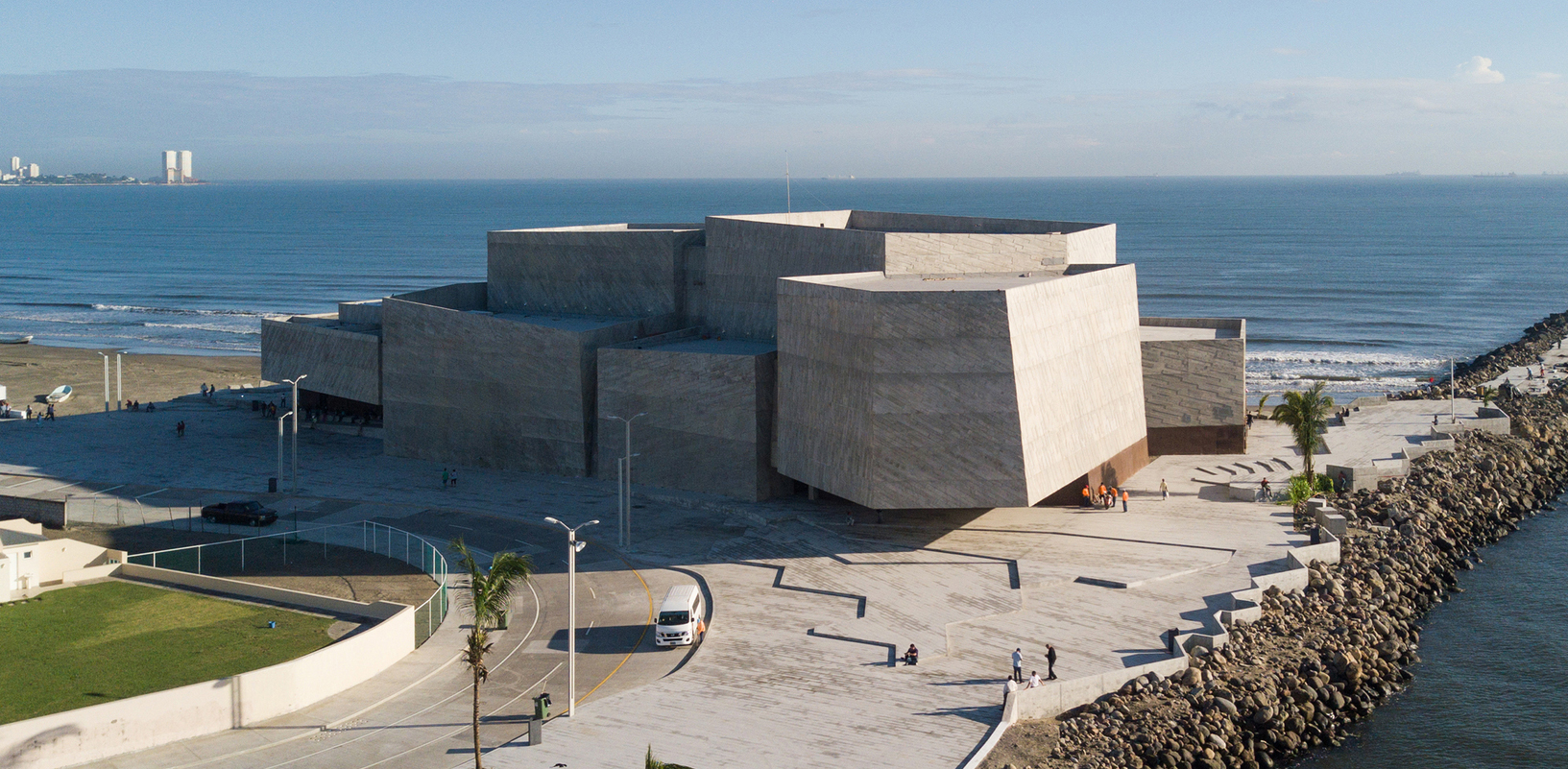
 Foro Boca
Foro Boca 
